China
“Organizing the Rice Fields”: Teaching Southeast Asia’s Nineteenth-Century Production Revolution
Discussion of how to teach Southeast Asia’s economic changes in the nineteenth century
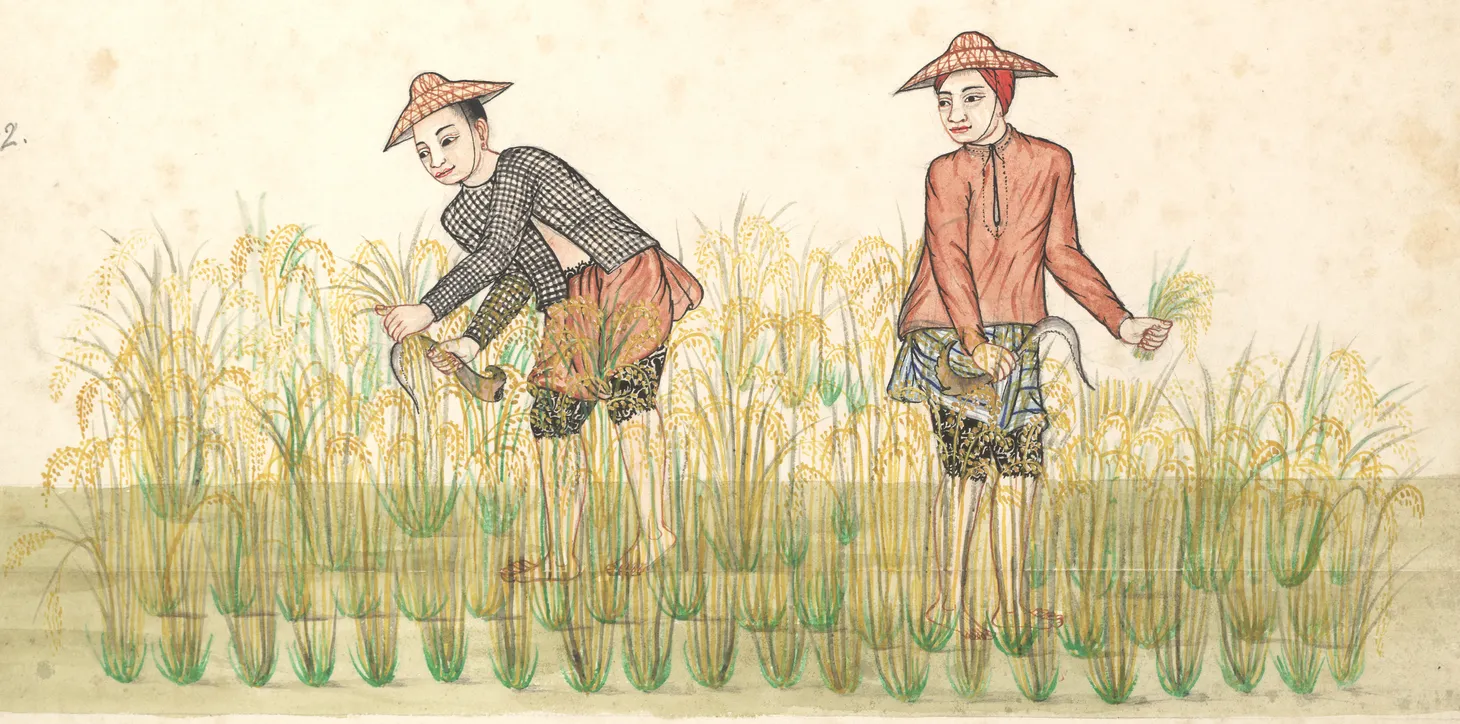
“Being Deeply Concerned with Agriculture”: The Spread of Champa Rice, and some surprises
Discussion of how to use different sources to teach the spread of Champa rice
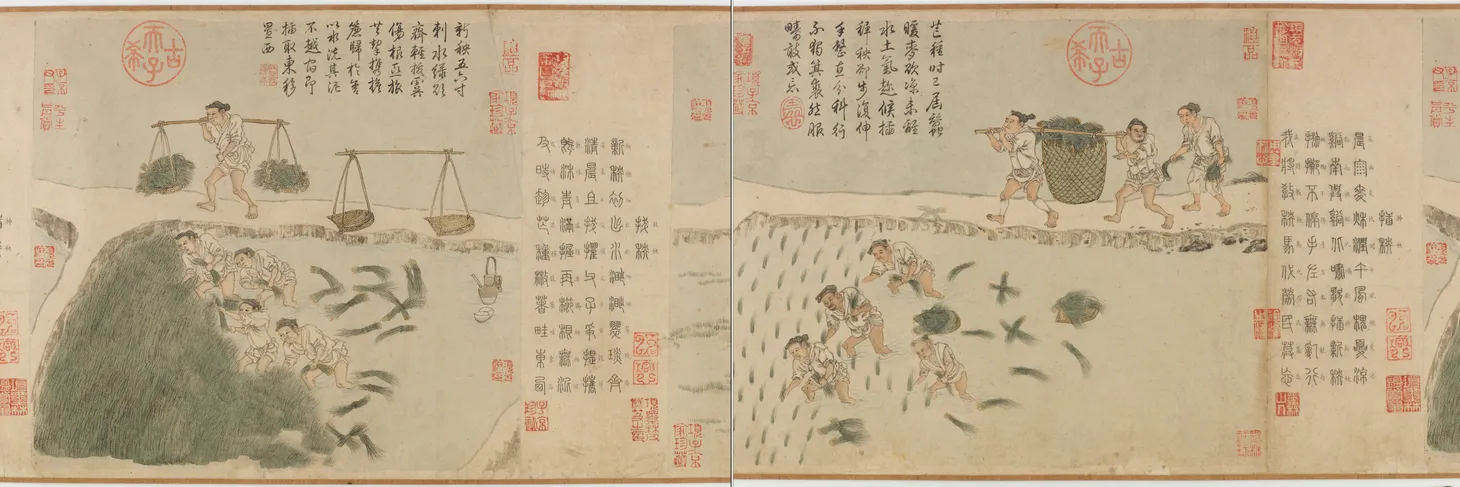
“Workmen Constantly Employed”: Teaching Mass Production and Industrialization in the Long Nineteenth Century
A discussion of how to teach the nineteenth-century Industrial Revolution as a global process.
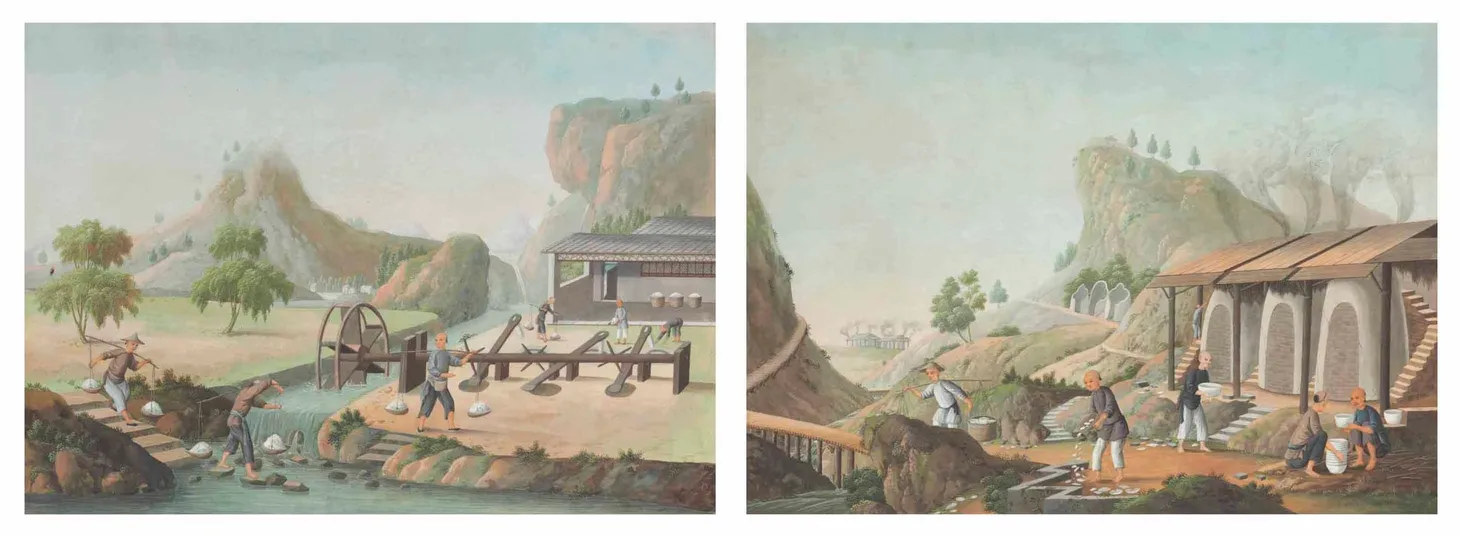
“Sales, Auctions, and Exchanges Go on Constantly”: The Song Chinese Economy
A discussion of the Song Chinese economy.
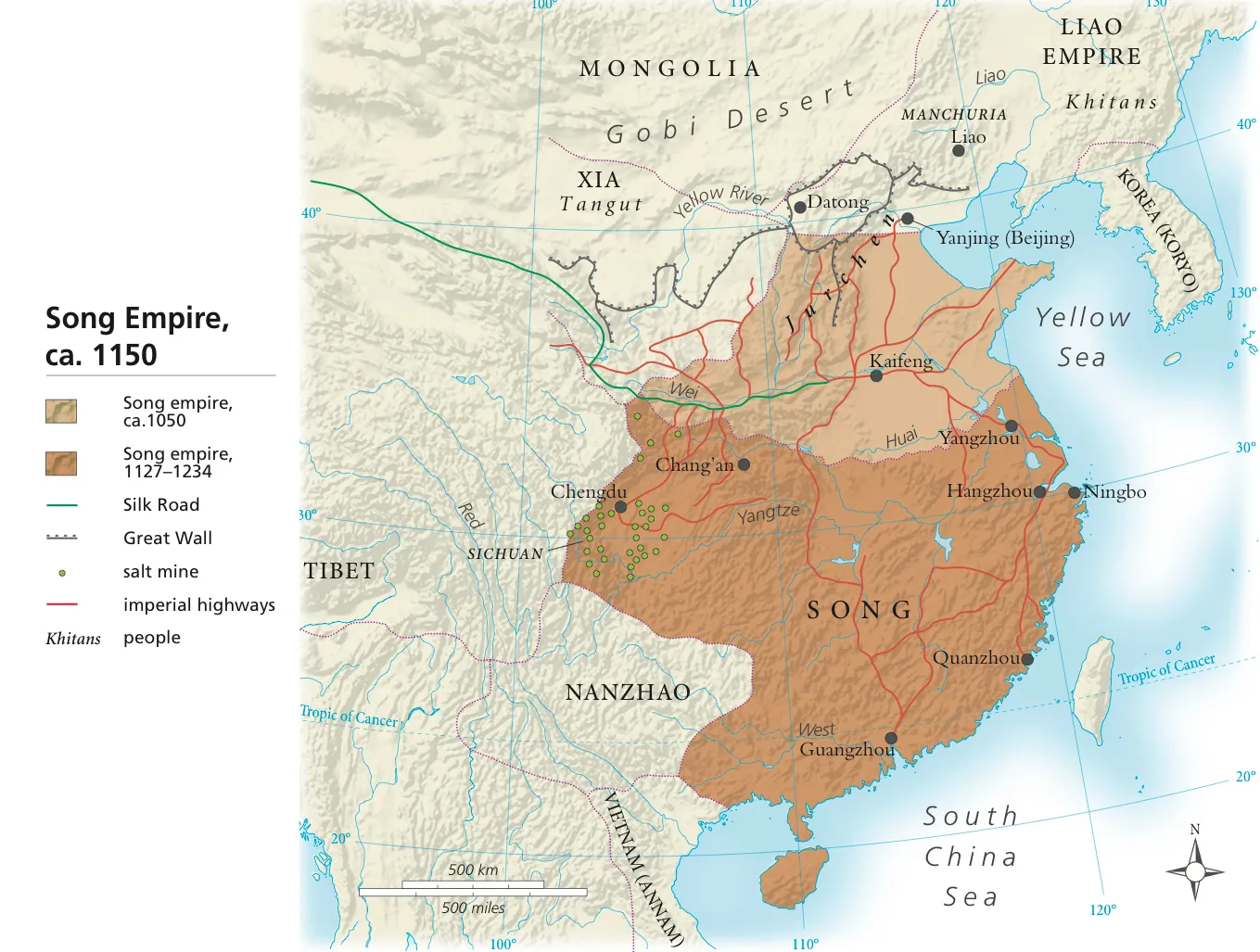
“The Number of Chinese Appears to be Very Considerable”: The Chinese Diaspora in Southeast in the Early Nineteenth Century
A discussion of how to teach Chinese migration to Southeast Asia in the early nineteenth century
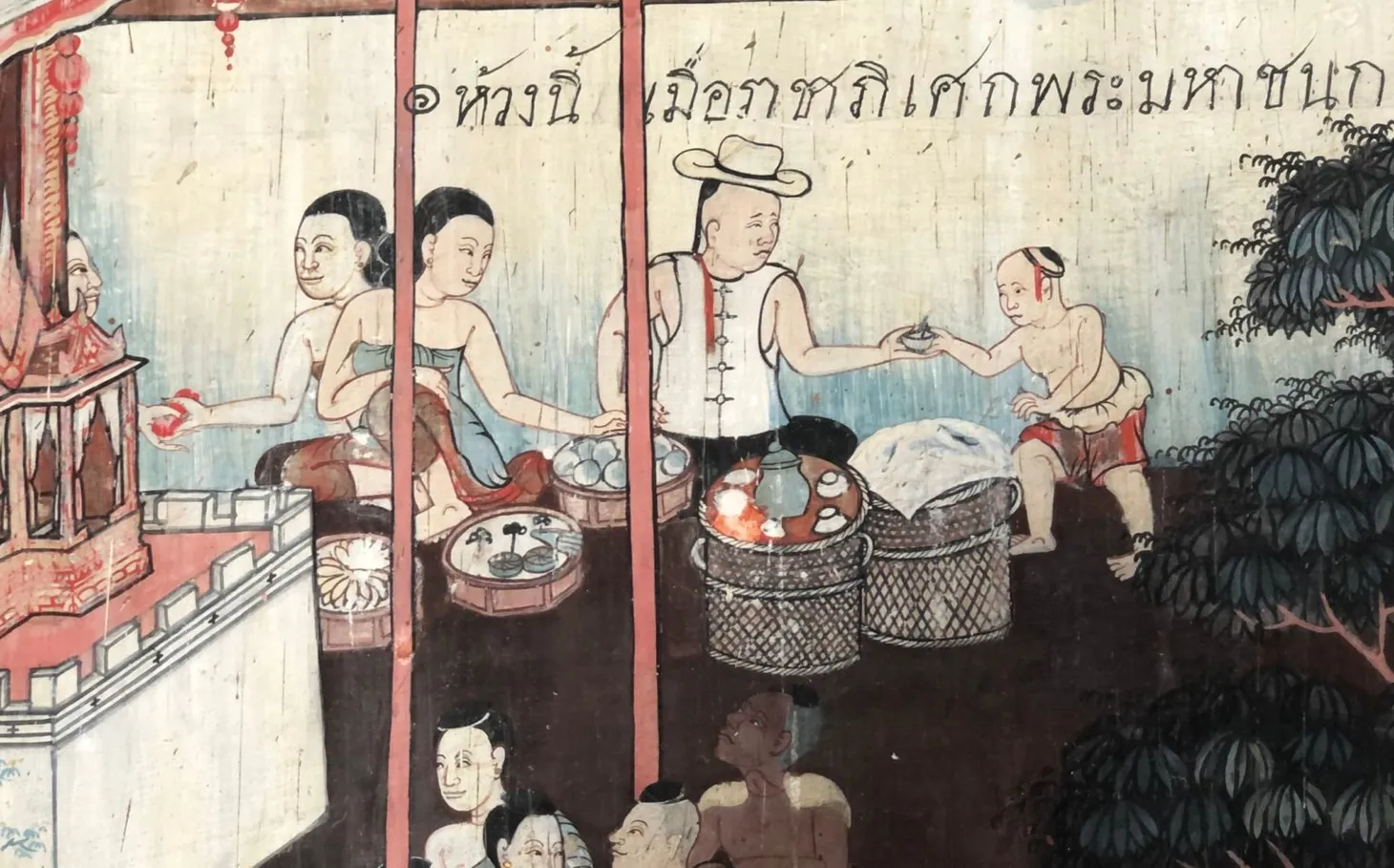
“Chinese Came In Droves”: The Indian Ocean Exchange Network in the Seventeenth and Eighteenth Centuries
A discussion of teaching the Indian Ocean exchange network in the seventeenth and eighteenth centuries.

“Returning from the Western Ocean”: Giraffes in Ming China
A discussion of how to teach about the voyages of Zheng He using giraffes
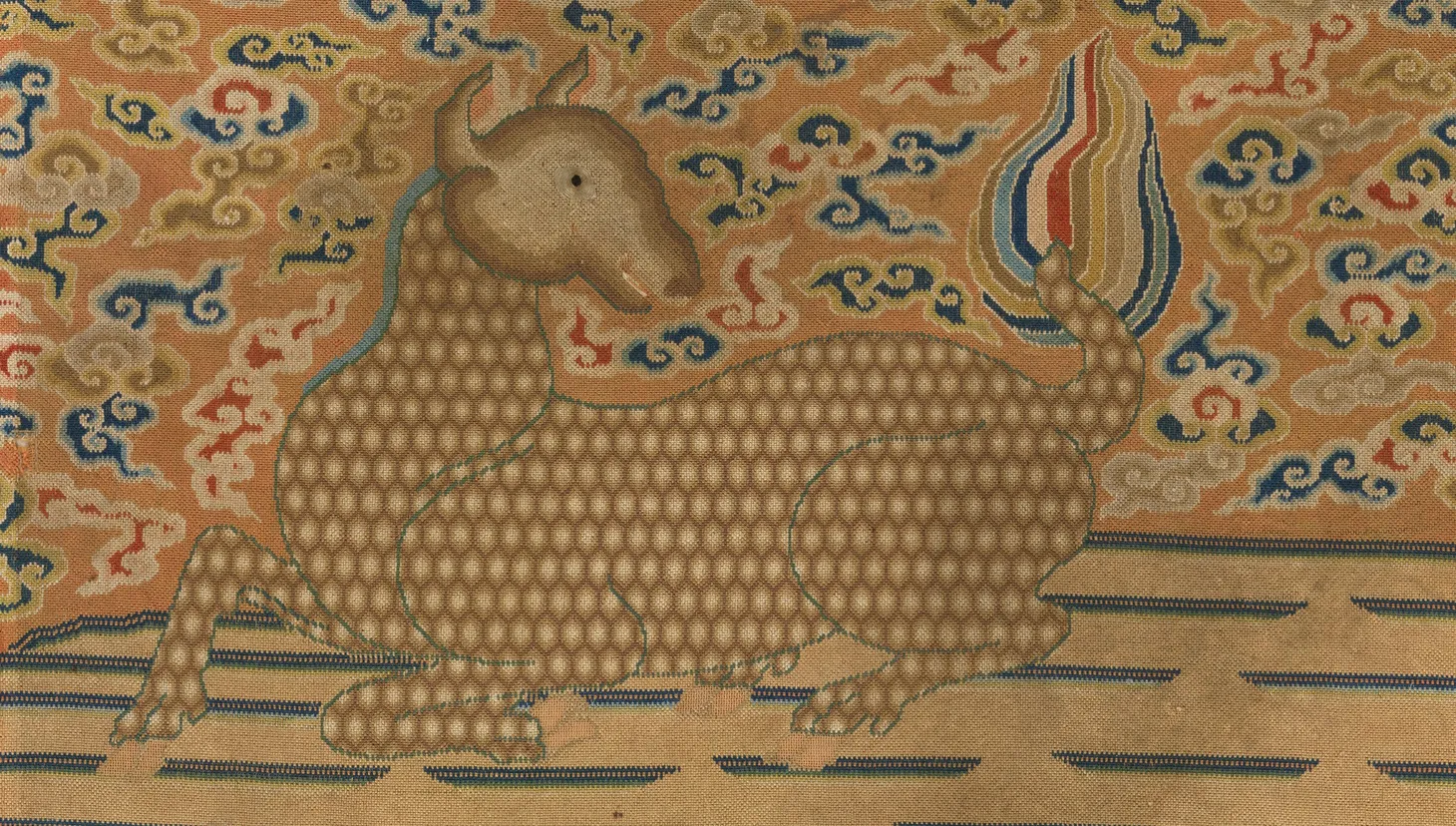
“Merchants From All Quarters”: The Indian Ocean Exchange Network, c.1000 - c.1500
Discussion of how to teach the Indian Ocean exchange network between 1000 and 1500 C.E.

“Use Their Institutions to Promote Their Own Interests”: Competing Global Visions from 1975 to 1991
A discussion of how we can teach the end of the Cold War and the last decades of the twentieth century in world history.

“An Age of Questioning”: Reimagining the Teaching of the Twentieth Century
A discussion of how we can teach twentieth century world history and center the voices of women and African, Asian, Indigenous, and Latinx voices.

